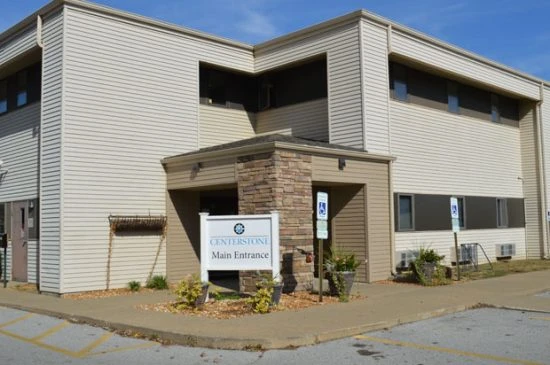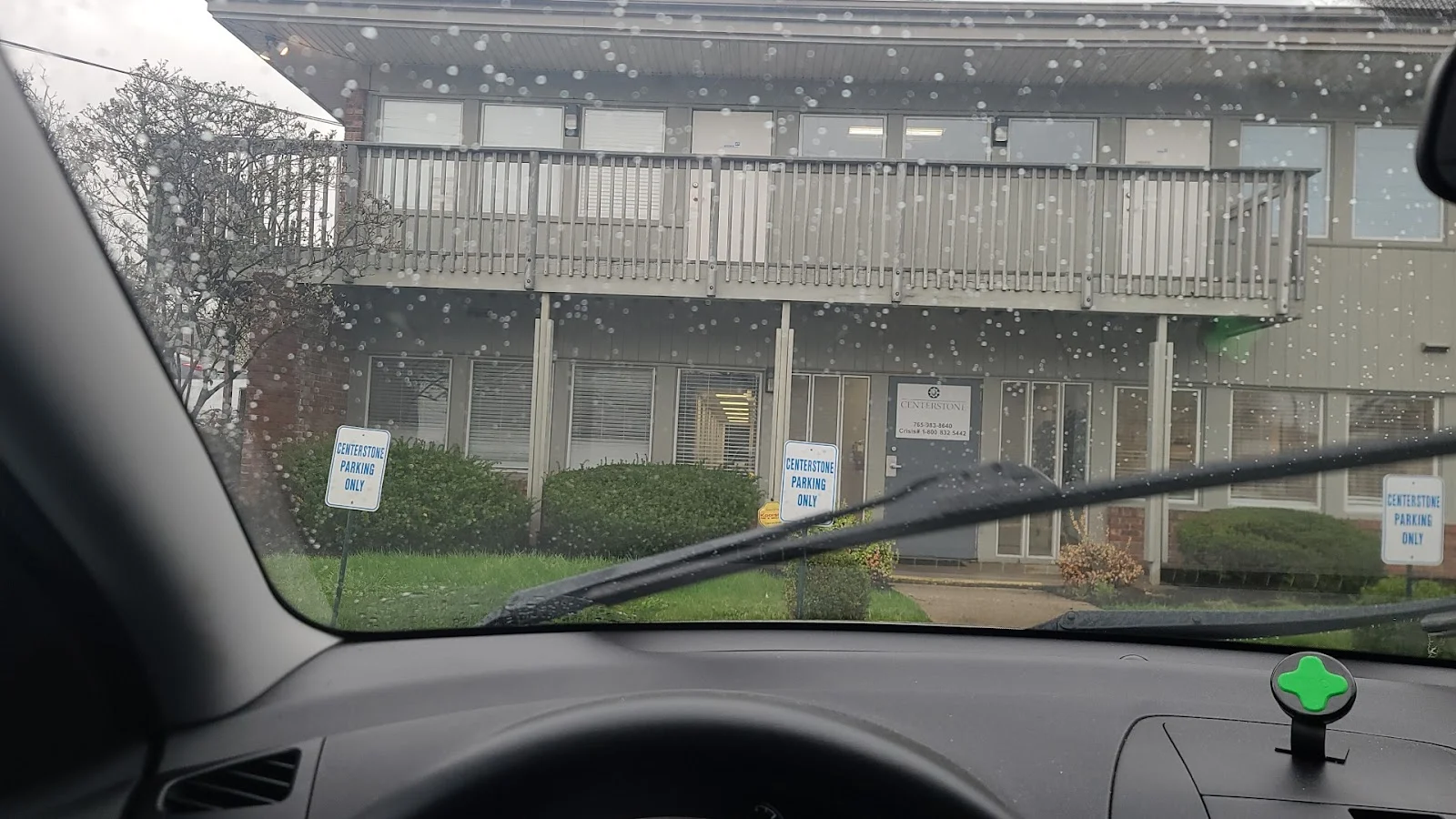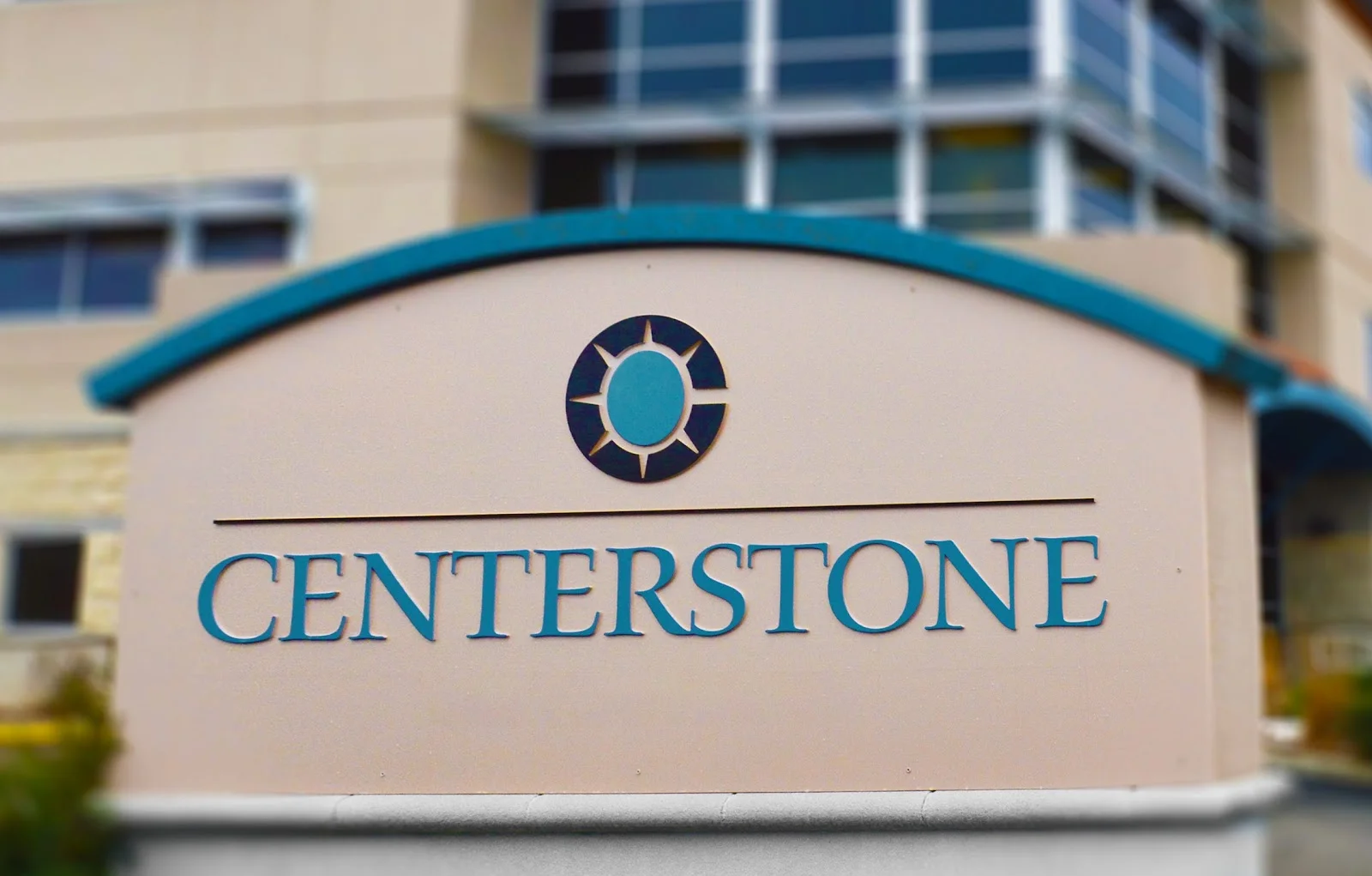Centerstone 230 Venture Circle Information
Treatment
Who We Treat
- Male and Female
Treatment Focus
- Licensed Primary Mental Health
Approaches
- Personalized Treatment
- Evidence-Based
- Group Therapy
- Cognitive Behavioral Therapy (CBT)
- Motivational Interviewing
- 1-on-1 Counseling
- Life Skills Training
Conditions We Treat
- Depression
- Anxiety
- Bipolar Disorder
- Post Traumatic Stress Disorder (PTSD)
- Personality Disorder
- Obsessive Compulsive Disorder (OCD)
- Trauma
- Psychosis/Schizophrenia
- Schizophrenia
- Personality Disorders
- Bipolar
Languages
- English
Aftercare
- Discharge Planning
- Employment Counseling
- Continuing Care
- Employment/Vocational Counseling
Level of Care
- Outpatient
- Aftercare/Continuing Care
Experience
On-Site Amenities
- Air-Conditioned Rooms
Additional Locations
Centerstone 230 Venture Circle Accepts The Following Insurance Plans
Find the best treatment options. Call our free and confidential helpline today!






